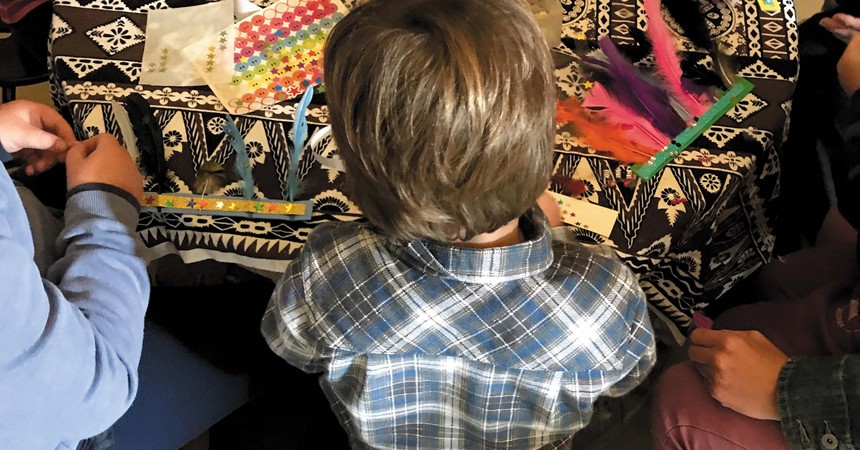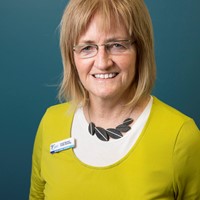The project is funded by Family and Community Services (FaCS) and aims to support women and children via case management, case co-ordination, information, education and community support to live a full life, free from fear and violence. The project also has a small component of work attached to help perpetrators of Domestic Violence to seek help.
The project is vitally important in keeping women and children safe and in engaging with the local community about attitudes towards what actually constitutes Domestic Violence. This is where the education component of the project comes into play. People are often unaware that by putting your partner down (as an example) you are eroding his/her self esteem and depleting an individual’s sense of worth in the world. It is often the subtle little beginnings that lead to more abusive behaviour. Most deaths at the hands of intimate partners or family members are not ‘one off’ acts of violence. There is a trail of abusive behaviour that has escalated over time.
The project was called the Integrated Domestic Family Violence Strategy.
“What a mouthful did I hear you say?” Yes, we agree.
The case manager of the project especially agreed. Her long-winded mantra when answering the phone was, “Hello, you have called Stacy Northam from the Integrated Domestic Family Violence Strategy.” This didn’t exactly roll off the tongue, sound particularly snappy or reflect what happens in the project.
So, in consultation with FaCS and the families in the project, we decided that we would all go away for a weekend camp (yes, in the midst of winter) to remake and rebrand the project. We went to Kings Creek Retreat and it was an amazing experience. The decision to go camping (well actually it was more ‘glamping’ than camping) was influenced by financial constraints and by what would hold the interest of eight very active and curious children.
The children were unbelievably excited by the prospect of sleeping in massive tepees or the bunkhouse. We fed chooks and pigs, collected eggs and picked, then squeezed, oranges for our breakfast juice. We talked to sheep and cattle and came to know them all by name. We made American Indian style head dresses and enjoyed other art and craft activities.
The best activity was the introduction to the pony. We began with some ground rules about not spooking the pony by moving suddenly or talking really loudly (good life skills for all creatures, great and small). We progressed to patting, then brushing the pony and talking to him in a soothing and kind manner (again, general life skills) we then proceeded to paint the pony (admittedly not the most useful life skill for your resumé). Apparently in times gone by horses would be painted or marked before going into battle so that, symbolically, they could see clearly and stay safe. The children and bigger folks were then invited to ride the pony. No one had any hesitation about mounting the pony because of the lovely process of introduction they had experienced.
The women spent time with the Case Manager and a local artist to develop a new name for the project and to come up with some art work that could be used to rebrand. The results were fantastic. The new name they have proposed is Renewing Pathways and the artwork speaks for itself.
The healing power of groups of people coming together to share their stories and their determination to make change is as old as time. The validation that comes from knowing that you are not the only person to have experienced a painful situation or existence is very therapeutic. There also comes a strong sense of hope and of knowing that all people deserve to be treated with dignity and respect.
The project connects women and children with specialist trauma-informed counselling where appropriate and offers a range of very practical supports including housing support, connections with court support and legal advice. There is also some brokerage funding attached to the project as families often have to flee a violent situation with only the clothes on their backs. Setting up a new home is a very expensive business and women have more often than not been subjected to financial deprivation which is another form of abuse. Women and children are most at risk when they actually leave an abusive relationship and ensuring that this can be done in a safe and confidential manner is crucial.
We as a community are all responsible for how individuals are treated and what is deemed acceptable behaviour. So next time you are at a party and there is a joke about the “dumb blonde” or the story about the “silly witch” who lives next door – how will you respond?























































































